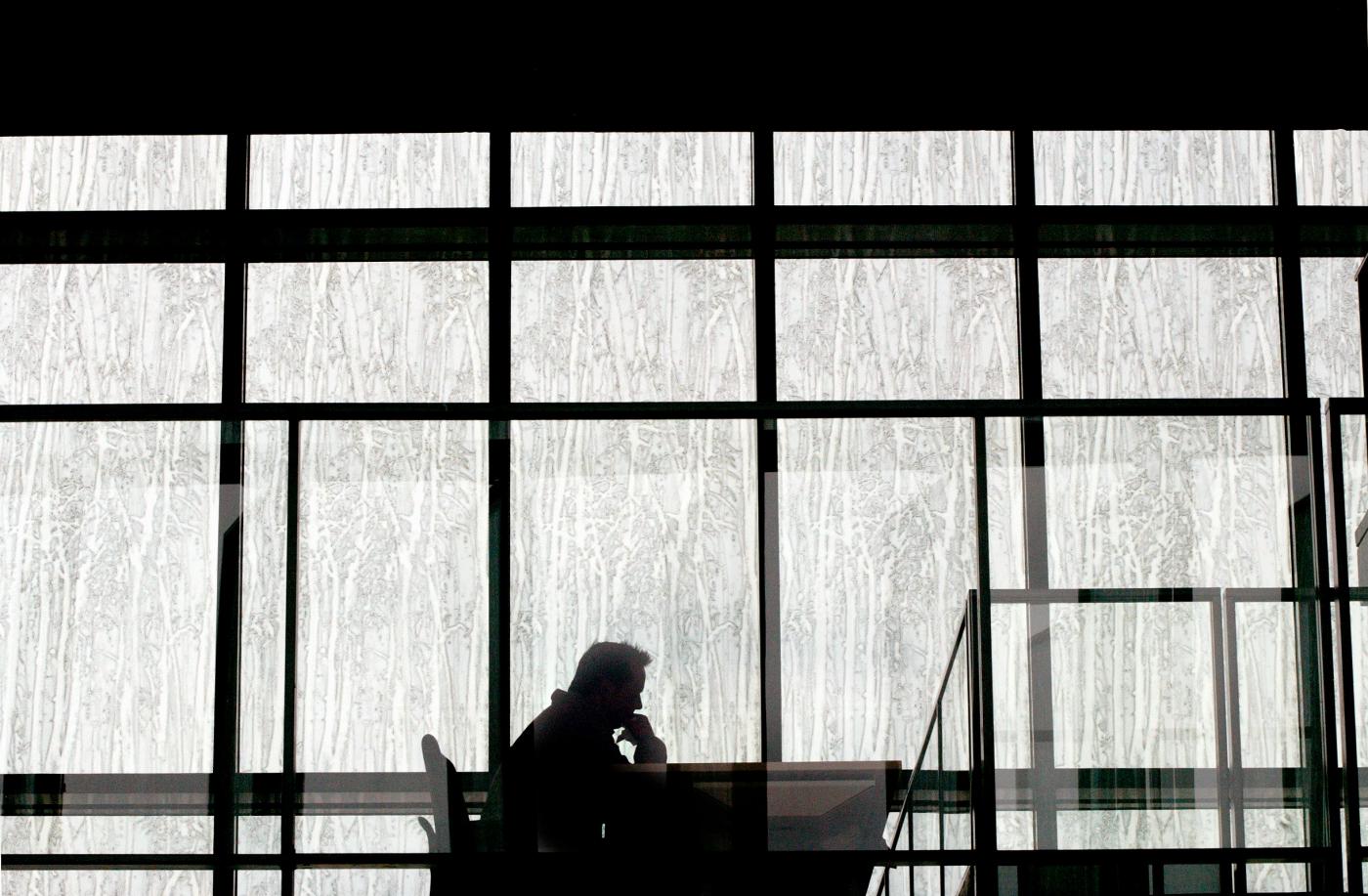New study shows:
Financial worries preventing students from pursuing extracurricular activities

Studying is about more than just earning credits, declares ISO. Students also grow thanks to extracurricular activities such as serving on the board of a student organisation, joining the University Council or following an honours programme. These extracurricular activities help them build a network, develop skills and discover interests.
But not all students choose to do something aside from their studies. Some are simply not interested, while others feel hindered, according to a study by ResearchNed, commissioned by the national student association (ISO). The agency asked almost 6,400 students about their considerations.
The family you were born into
According to the study, the family you were born into makes all the difference. Students of non-Western origin are slightly more hesitant than others to venture into extracurricular activities. The same goes for students whose parents don't have a higher education degree. In both cases, a difference of a few percentage points was identified.
These groups of students do not want to delay their graduation or find themselves in financial trouble. The report does not provide any details about these answers, but perhaps these students cannot do without a part-time job or do not dare to take out a student loan.
That is exactly what ISO is concerned about. They expect the gap between those students and the rest of the student population to only become wider if the government succeeds in introducing a fine for students who take more than one additional year to complete their studies. The government wants them to pay 3,000 euros yearly, in addition to tuition fees, as soon as they have exceeded the deadline for their Bachelor's or Master's degree by more than a year. The fine would affect approximately 95,000 students each year.
According to the study, 42 percent of students with a non-Western migration background who do not engage in any extracurricular activity say they have financial worries. Only 30 percent of students without such background say so.
Initial exploration
It should be noted that the researchers have reservations about these percentages. Relatively few first-year students, women and students whose parents have a higher education diploma participated in the survey. The researchers note that the report only gives an idea of the scenario, it is but an initial exploration.
But ISO sees in the results reason enough to argue against the fine. “It is unacceptable that an increasing number of students are missing out on these meaningful opportunities,” says chair Mylou Miché.
It is not just about these particular students, the organisation adds. After all, others benefit from their efforts too. "Students in faculty or university councils make an important contribution to the quality of education and students who join a student association board make an indispensable contribution to student life in their city.”
Protest
Last Friday, hundreds of students took to the streets in The Hague to protest the fine. ISO was one of the organisations present. Earlier this week, the House of Representatives debated the budget cuts and the position of students with the Minister of Education, Eppo Bruins.